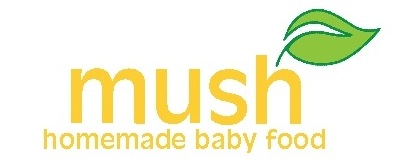Breast milk banks work much in the same way blood banks work. Donor milk is received and carefully screened for toxins and communicable diseases. Donors must be non-smokers, not regularly consume any medication, not consume alcohol within the specified exclusion period. The milk is processed and heat treated to kill any viruses or bacteria. It is frozen and dispensed.
To become a milk donor contact the milk bank closest to you, and find out if you are eligible to donate. Even if there is not a milk bank in your city or state, many of the milk banks will still screen and accept you as a donor. I think there is some paperwork and blood screening involved. The milk bank will cover the cost of the blood test and the cost of shipping the milk. The minimum donation amount might be higher for a "shipping donor," but the extra effort to ship your milk to a non-profit milk bank is well worth your time when you consider the infants that will benefit. Unfortunately I didn't donate with Dylan (even though at one point I had enough milk in my freezer for an entire army) because we were moving, but I certainly hope to donate the next time around!
Here are some links with more information on breast milk donation and banking:
http://www.breastmilkproject.org/
http://milkshare.birthingforlife.com/
http://www.hmbana.org/


No comments:
Post a Comment